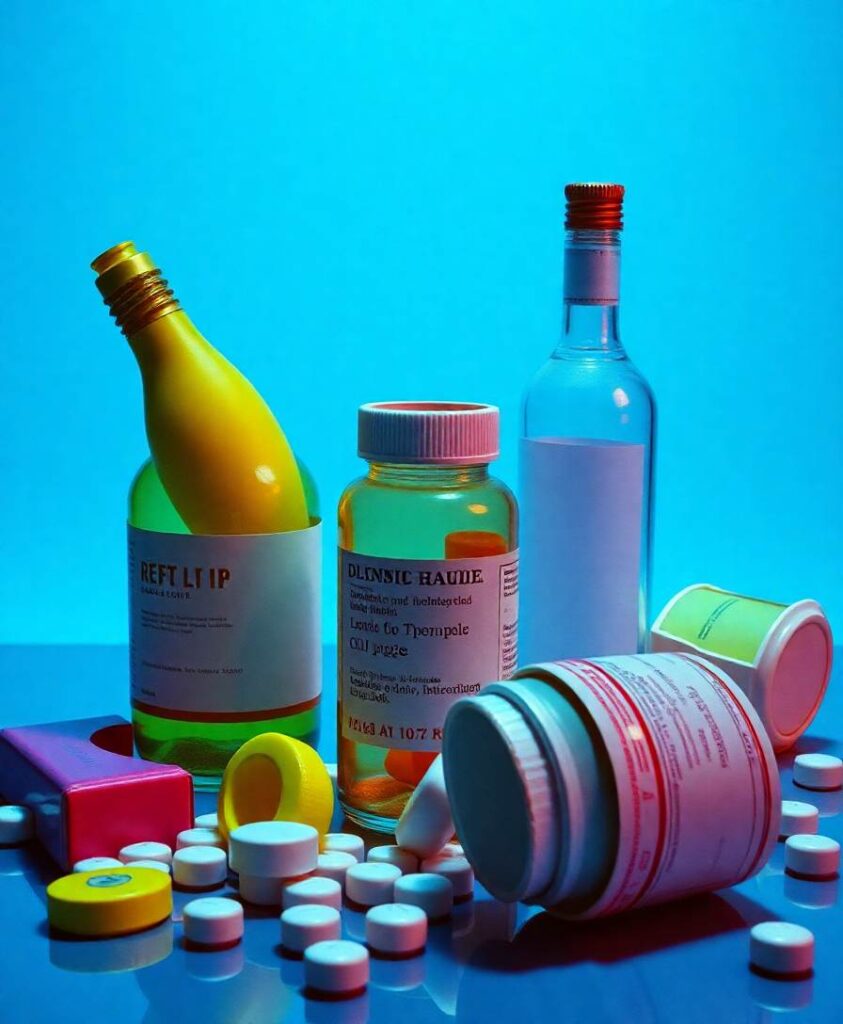Recent research points to a physiological pathway that slows alcohol’s rise in the blood after a drink. Slower absorption means the brain receives alcohol more gradually, which can reduce the intensity of the rewarding signal that reinforces drinking. When scientists trace these signals, they map circuits that shape cravings, decision making, and the learning that underlies habit formation. That kind of mapping is useful for clinicians and for anyone interested in tools that support healthier choices.

For people curious about human potential, this line of work raises practical and ethical questions. Could treatments aimed at metabolic signals also support recovery or harm reduction? How might we design programs that respect individual goals while harnessing biological insights? The full article explores experimental findings and their implications for treatment and inclusivity, and it invites readers to consider how a deeper grasp of body–brain communication could expand opportunities for growth and well-being.
Weight-loss drugs like Ozempic and Zepbound appear to reduce alcohol cravings, but doctors have been at a loss to explain why – until now. Glucagon-like peptide-1 (GLP-1) drugs appear to slow the speed at which alcohol enters the bloodstream, which also diminishes its…


